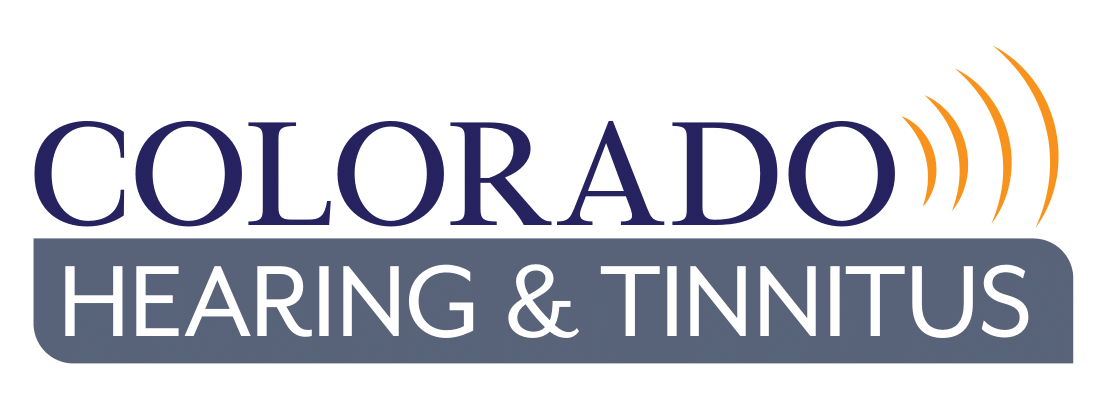Treatment Options & Recommendations
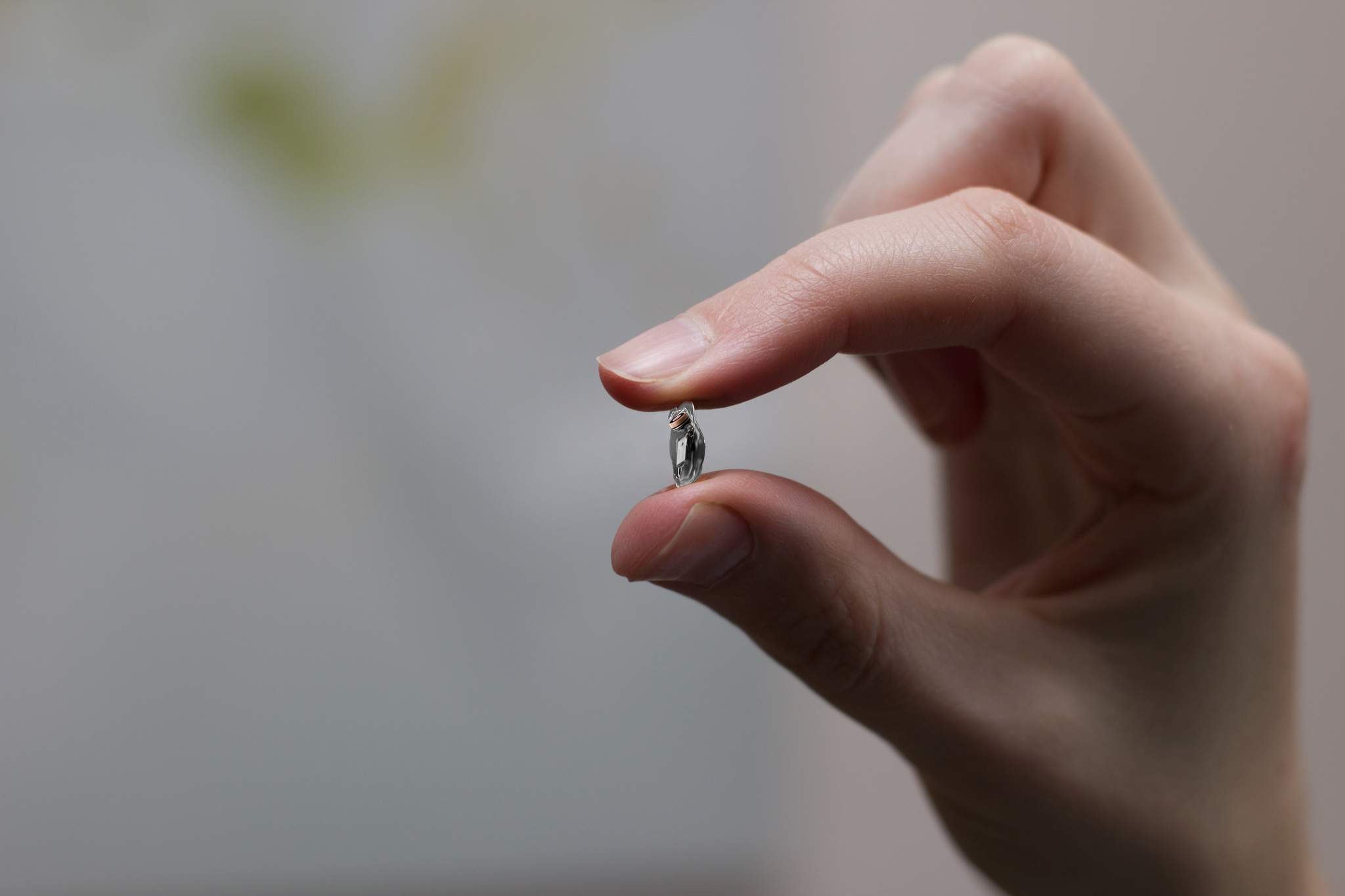
EarLens
Unlike traditional hearing aids, which work by amplifying sound with a speaker, EarLens utilizes radio signals to transmit sound. This makes it the only hearing aid on the market to provide the most accurate sound transmission. Due to the limitations of a speaker, with most hearing aids, the range of frequencies transmitted can lead to sound distortion and whistling. Not with EarLens.
With EarLens, radio signals are used to activate and vibrate the lens that rests on the eardrum, which stimulates the body's natural hearing process. This ensures that the sound produced is of the highest quality. In contrast to traditional hearing aids, a clinical study revealed that the majority of individuals found it much easier to understand others in loud situations and join group conversations when utilizing EarLens.
Radio signal technology eliminates the major cause of whistling and feedback that is characteristic of traditional air-conduction devices. Due to the sensitive nature of this device, EarLens fittings require cooperation between an ENT doctor and an audiologist. Here at Colorado Hearing & Tinnitus, we have both on staff!
Our ENT doctor, Dr. Alfred Carr, makes molds of both the ear canal and eardrum and is responsible for the placement of the Lens onto the eardrum. Our Audiologist, Dr. Nicole Pygott, then completes calibration testing to verify the accurate positioning of devices and finally programs the EarLens as she would with traditional hearing aids.
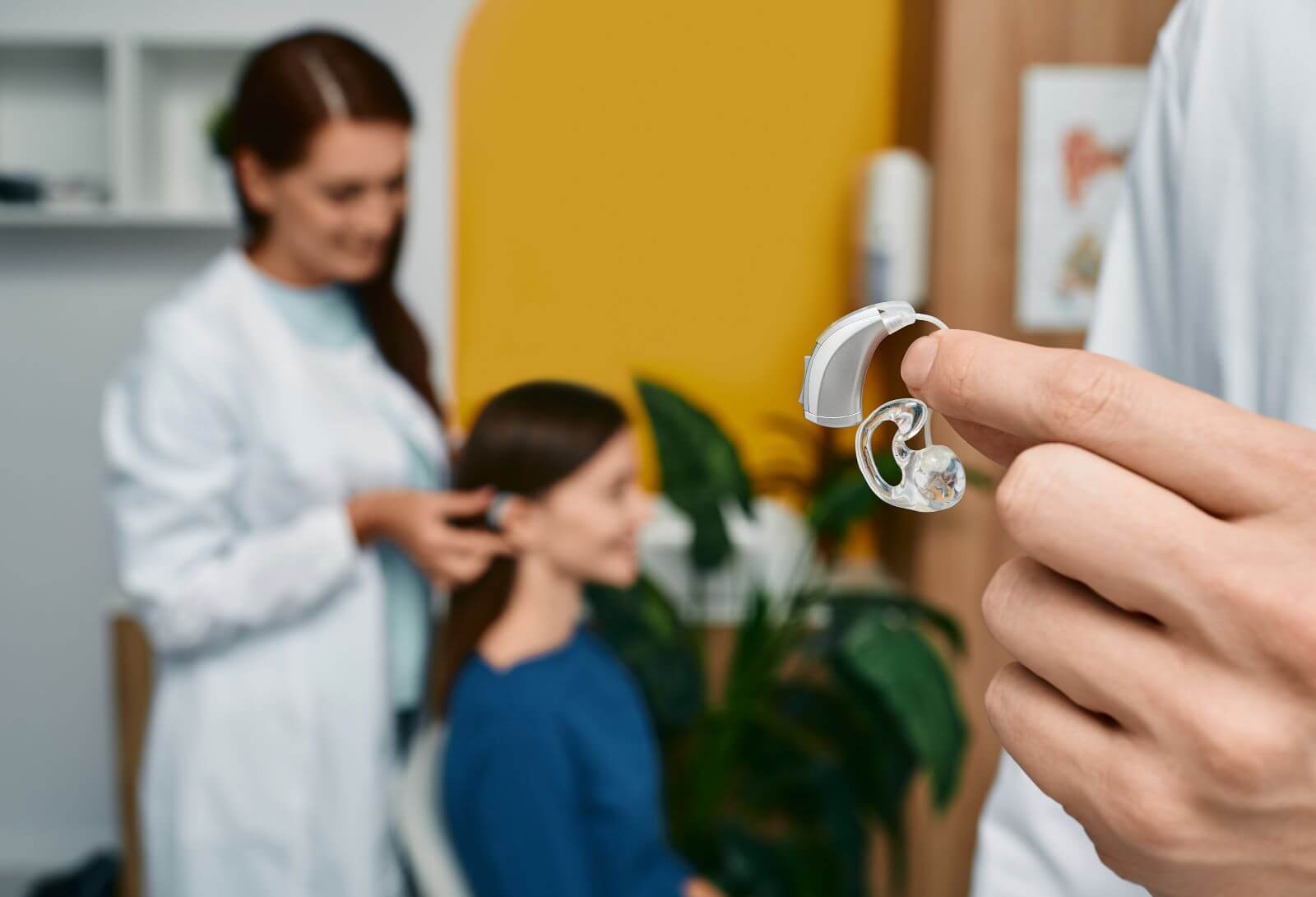
Prescription Hearing Aids
Prescription hearing aids are specialized treatment devices designed to help people with hearing impairments. These devices work by amplifying sound to a level where it can be easily heard and understood. Prescription hearing aids come in a variety of shapes, sizes, and styles, ranging from more advanced digital models to simple behind-the-ear style versions. They are often custom-fitted to the user's ear, ensuring optimal output capabilities and comfort.
Prescription hearing aids may also incorporate special features such as noise reduction and directional microphone systems for enhanced sound clarity. Most importantly, they must be prescribed by hearing healthcare professionals, who evaluate both hearing ability and lifestyle to determine the best treatment options. Furthermore, prescription hearing aids are individually fitted and programmed to suit the wearer's specific needs.
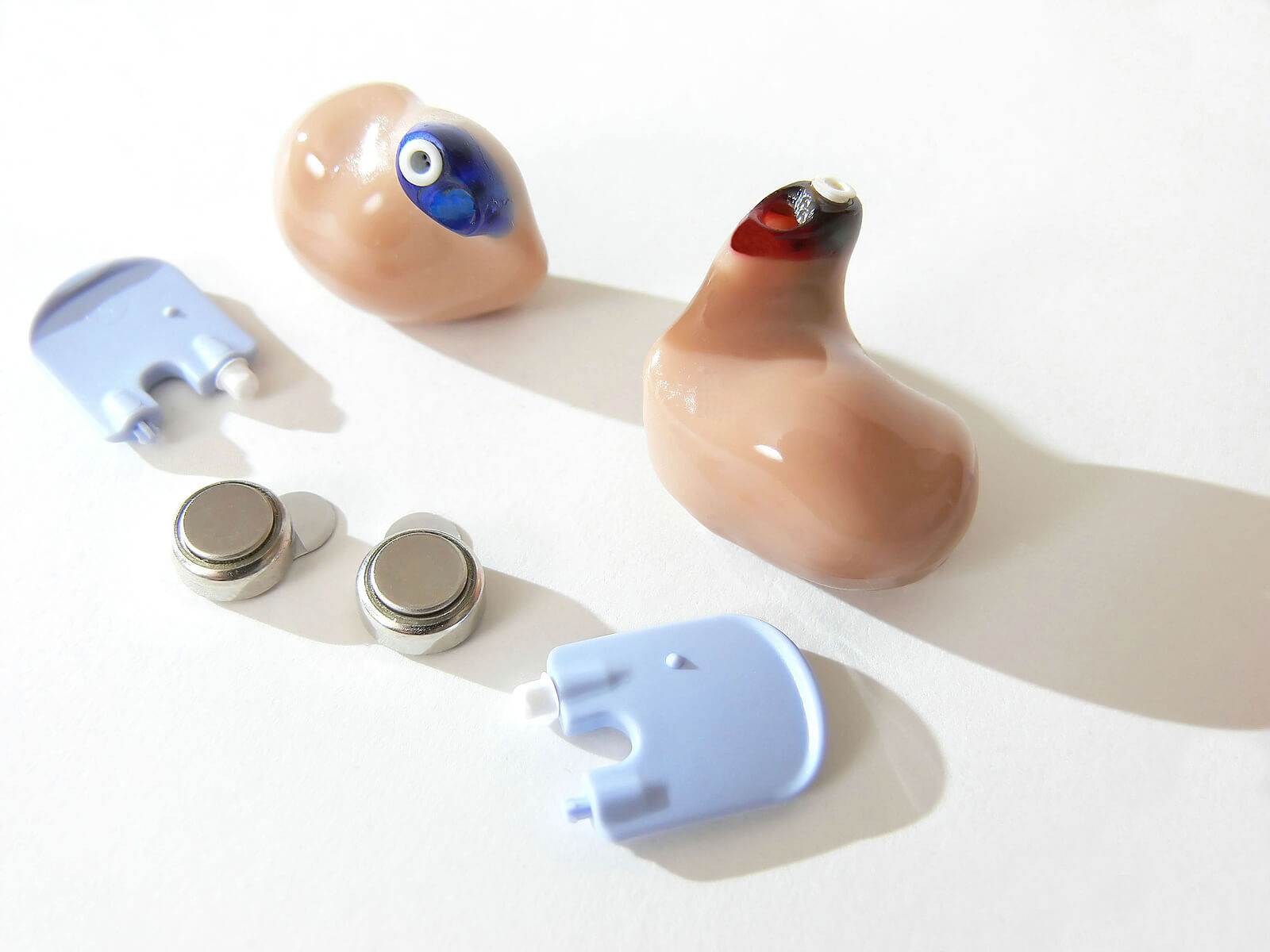
Over-The-Counter (OTC) Hearing Aids
Recently, the Food and Drug Administration approved over-the-counter hearing aids for mild to moderate degrees of hearing loss. While it is difficult for all of us to correctly identify hearing loss on our own, it is as simple as scheduling a consultation with us to ensure that your OTC hearing aids are properly fitted and effective for your specific hearing needs. As such, we encourage our patients and visitors to this website to have a comprehensive hearing test conducted by a hearing professional.
Here at Colorado Hearing & Tinnitus, it is our goal to help our neighbors and community hear better. For this reason, there is no judgment if you visit us with hearing aids you have purchased over the counter! We are here to help ensure that your investment is helping you improve your hearing abilities. Please call our office to learn more about OTC hearing aids.
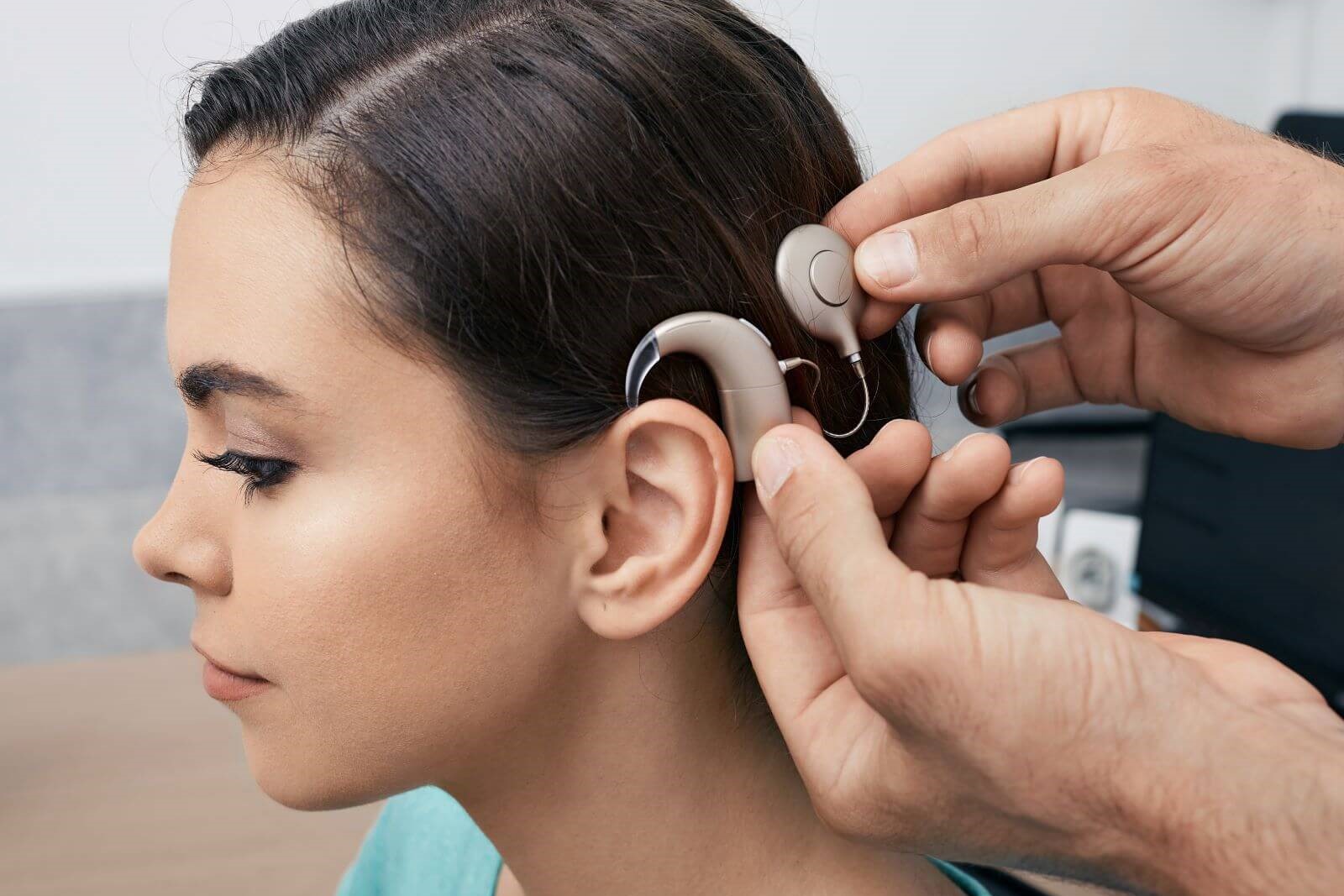
Cochlear Implants
Cochlear implants are electronic devices used to bypass normal hearing pathways, providing direct neural stimulation to the auditory nerve. They can be used to aid individuals with severe hearing loss or those who are completely deaf. They work by converting sound into electrical signals and transmitting these directly to the auditory nerve, bypassing any damaged structures in the outer and middle ear.
A cochlear implant consists both of external and internal components. The external component is worn behind the ear and contains a microphone, speech processor, and transmitter coil. The internal component is surgically implanted and consists of electrodes and a receiver-stimulator, connected via small wires beneath the skin. Cochlear implants allow individuals to perceive sound when their normal auditory pathways are compromised and are especially effective when paired with regular speech therapy and other forms of intervention.
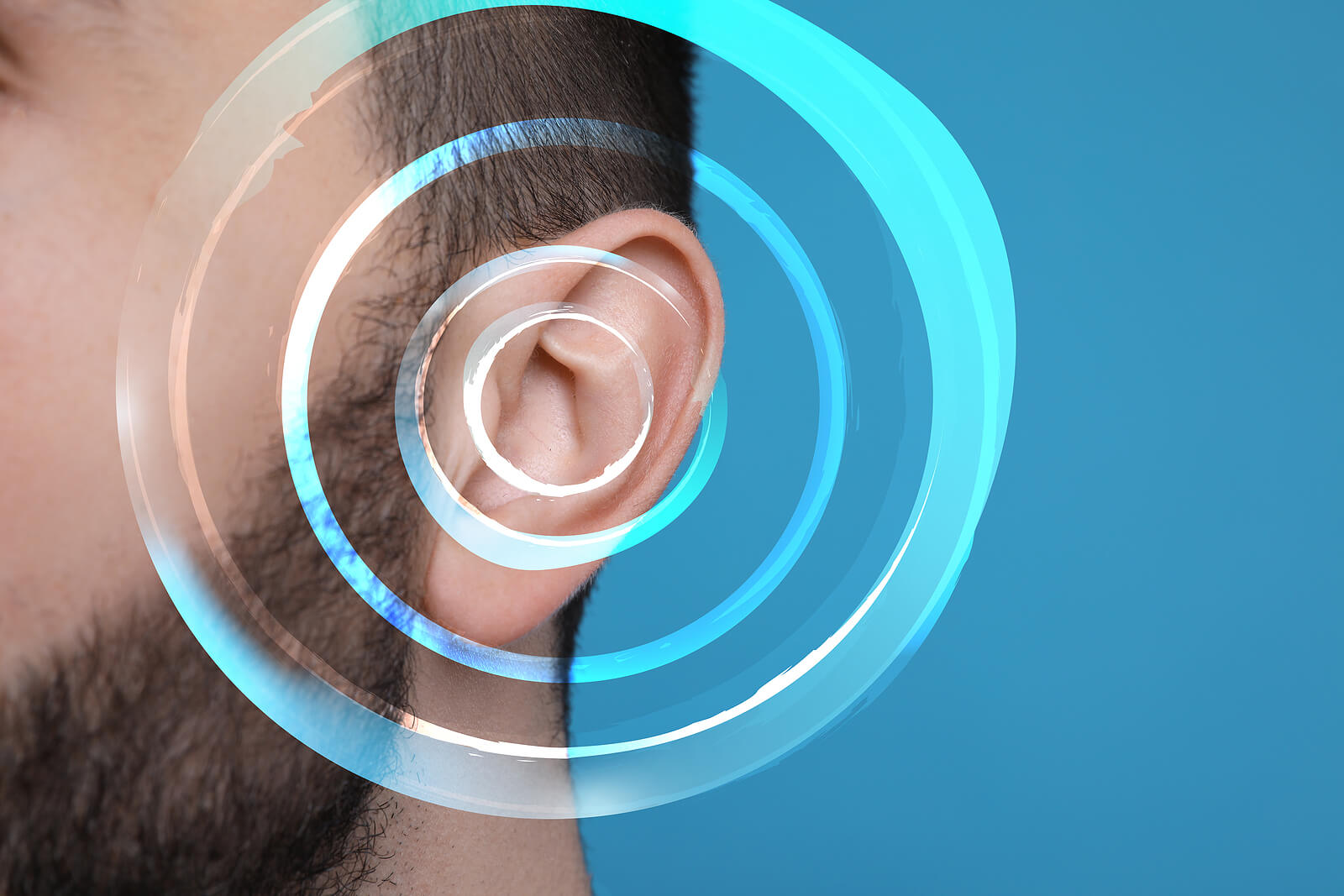
Tinnitus
Tinnitus is a common hearing condition that causes a person to hear ringing or buzzing in one or both ears. It can be constant or intermittent, often described as being a high-pitched sound like crickets chirping, a low hissing, or the sound of waves crashing on the beach. There are many causes for tinnitus, including ear infections, head and neck injuries, prescriptions, tumors, and noise exposure. In most cases, tinnitus is not considered a serious disease; however, people with severe symptoms may experience distress and become more prone to depression and anxiety. Though there is no cure for tinnitus, we absolutely have treatment options that can help you manage and lessen your awareness of tinnitus. This includes the following:
- Tinnitus Retraining Therapy (TRT)
- Sound Machines
- Hearing Aids
